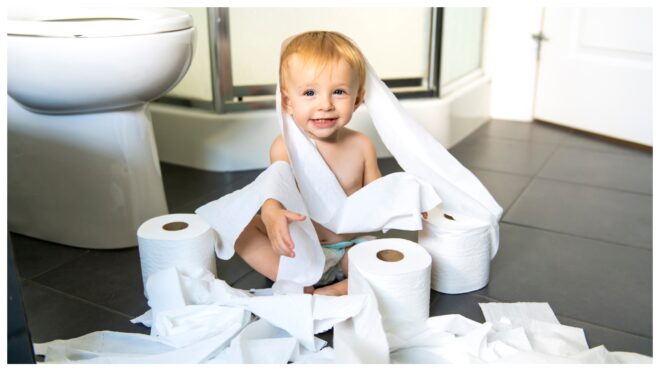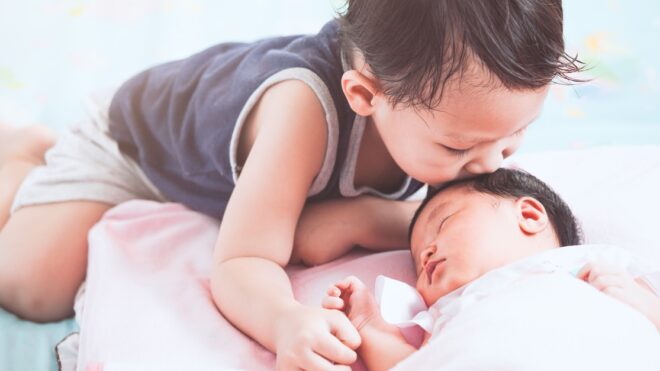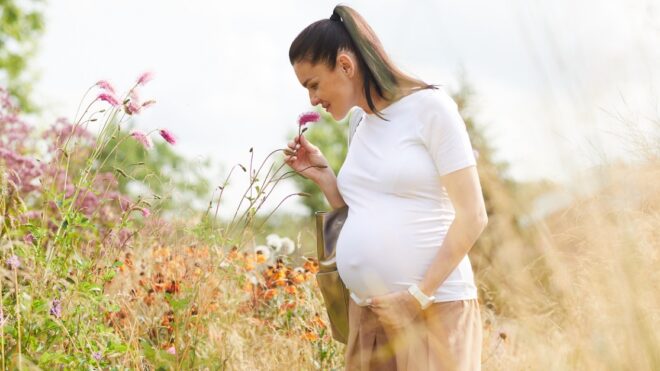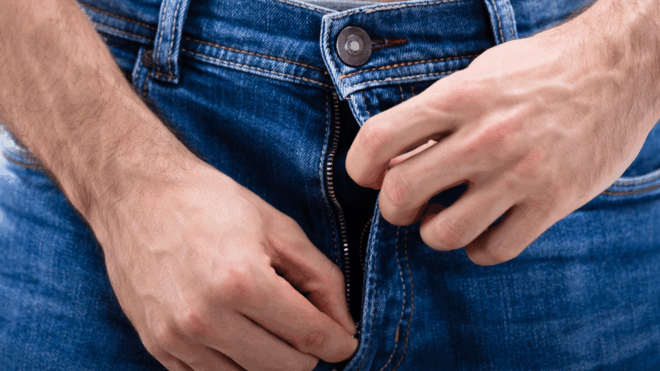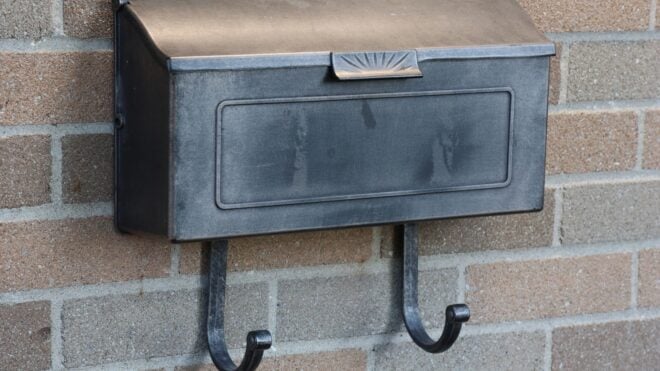
We know that pregnancy is completely amazing. I mean, when you really sit and think about it, the fact that your body knows exactly what to do in order to create and grow a human is endlessly fascinating. But postpartum really doesn't get enough credit. While the creating-a-human part may be over, there's a ton that's going on in the postpartum period, often called "the fourth trimester."
There's a good reason for that nickname. Not only is your baby incredibly tiny and dependent on you for absolutely everything, so much so that you are nearly attached as you were when baby was on the inside, your body is still working incredibly hard.
More from LittleThings: Nose Bumps: 8 Different Types Of Bumps That Can Grow Inside The Nasal Cavity
From incoming breastmilk to those sometimes painful postpartum contractions, here are eight amazing things that happen to the human body just after a baby is born.
1. Your belly keeps contracting.

One of the most seldom talked about phenomena of postpartum is the contractions. That's right — if you thought labor was over, you're kind of in for it, because your uterus still has a lot of work to do after giving birth. Postpartum contractions are important because they help your uterus return to its pre-baby size. But they can also be painful, especially because you're already so sore from giving birth.
2. Breast milk starts to come in.

Practically as soon as you give birth, your breast milk will begin to come in. It doesn't come out fast and furious, though, and in most cases there's nothing to worry about. Babies need only a very small amount to eat in those first few days. That's why the first fluid to come in is a very nutrient-dense kind of breast milk called colostrum. It's thick and a bit darker than breast milk and has exactly what baby needs.
3. Some hormones plummet.

We've all seen the stereotypical image of the weepy mom, crying for no reason, a few days after giving birth. While postpartum moods vary from person to person, many new mothers experience sadness immediately after birth or in the days that follow. Others have dips in their moods later on. While there are a lot of reasons for heightened emotions during postpartum, a big one is the major changes in hormone levels that are taking place. Estrogen and progesterone, which are both feel-good hormones, both pretty much plummet in the days and weeks after birth. That can make for one sad mama.
4. Vaginal discharge and bleeding continues for days or weeks.

After you have a baby, your body really isn't done flushing everything out for a little while. There's some leftover mucus called lochia that needs to come out, and it will over a period of days and even weeks. The annoying part about postpartum bleeding is that you have to wear giant pads because tampons aren't safe during postpartum; putting anything inside the vaginal canal can lead to infection early on. Fun stuff, I know.
5. That 'still pregnant' look might last for a while.

We wish we could say that one of the side effects of postpartum is that your belly magically returns to its pre-baby size. But it doesn't, and that's OK! Most women will have a soft belly or a bit of a pooch, which means you might still look pregnant for a little while. Most of that is because your uterus hasn't quite returned to its normal size, and there's not a lot you can do to speed it up. Your body is working super hard, so the best thing you can do during immediate postpartum is try to rest as much as you can and let your body do its work.
6. Night sweats are common.

If no one told you about night sweats, then you might be waking up thinking your baby peed all over you — which it may have! But waking up to soaked sheets is a pretty common experience for a postpartum person. There are a few reasons why it happens. One, it's your body's way of balancing out your hormones. But you're still retaining lots of fluid from pregnancy. Sweating helps get rid of some of the excess. It can be totally uncomfortable for a while, but keeping your bedroom cool and wearing light clothing to bed helps.
7. Hair loss happens.

Postpartum hair loss is an incredibly common phenomenon, but a lot of people still find it embarrassing. If you find yourself losing hair, the good news is that your hair probably thickened up during pregnancy due to the flood of hormones. So you might be able to let go of a few extra strands without noticing too much. The dip in hormones after giving birth tends to make hair fall out more rapidly, but the problem won't stick around for very long.
8. The 'love hormone' surges.

While some hormones plummet, others take their place. Oxytocin, which is known as the "love hormone," basically floods your body shortly after giving birth. There are a lot of reasons why this happens, but the main reason is that it helps new mothers bond with their babies. Snuggling your baby close, as well as nursing your newborn, helps promote the increase in oxytocin, too.
Your postpartum really is magical.

